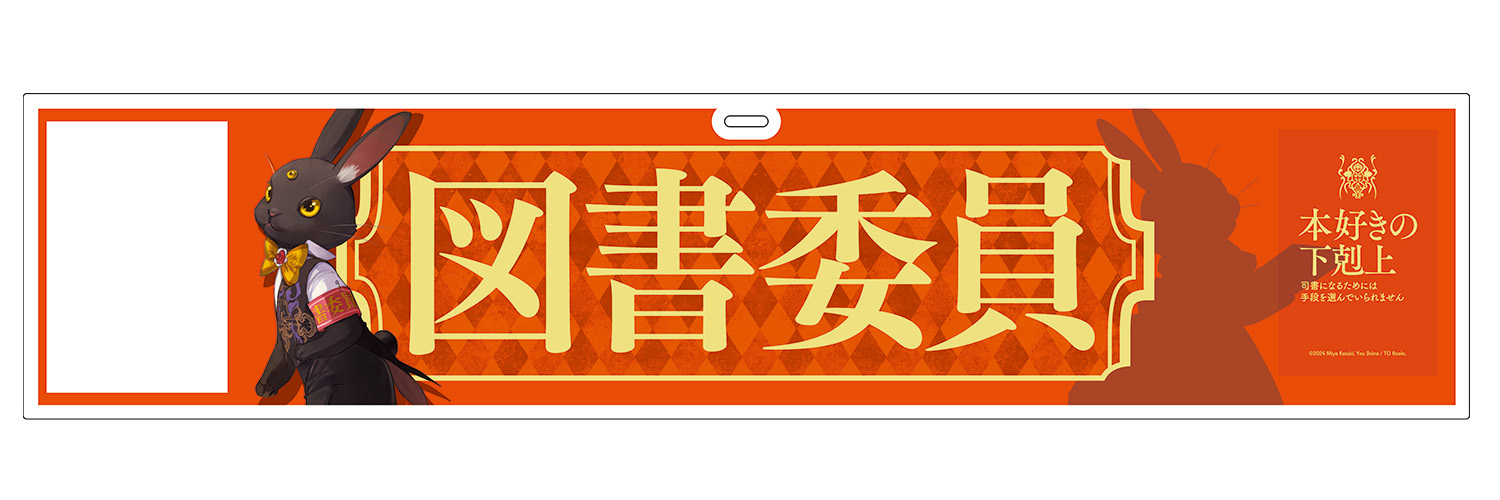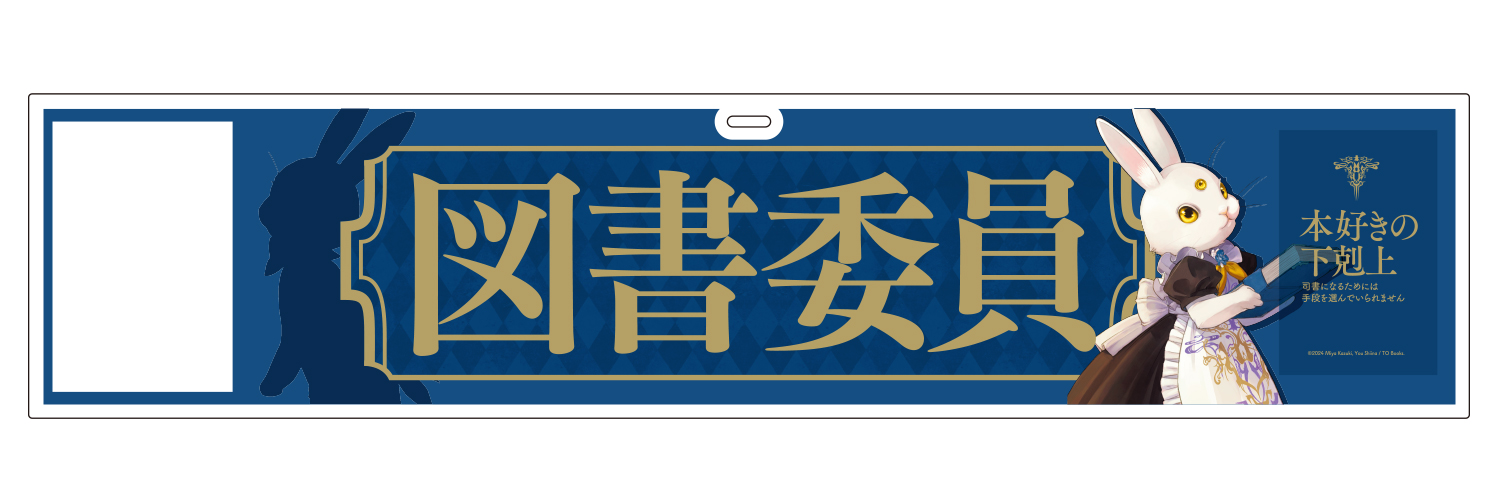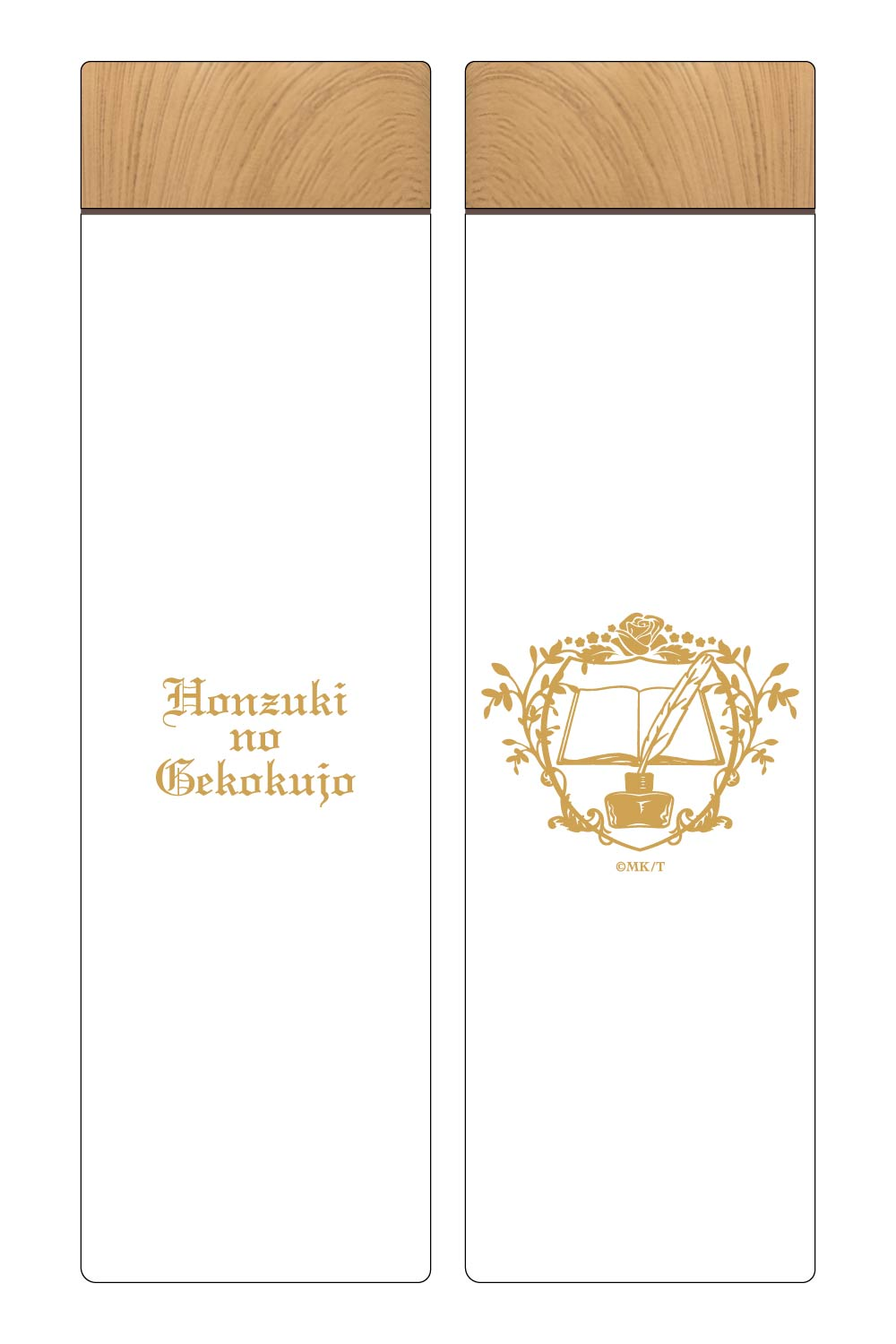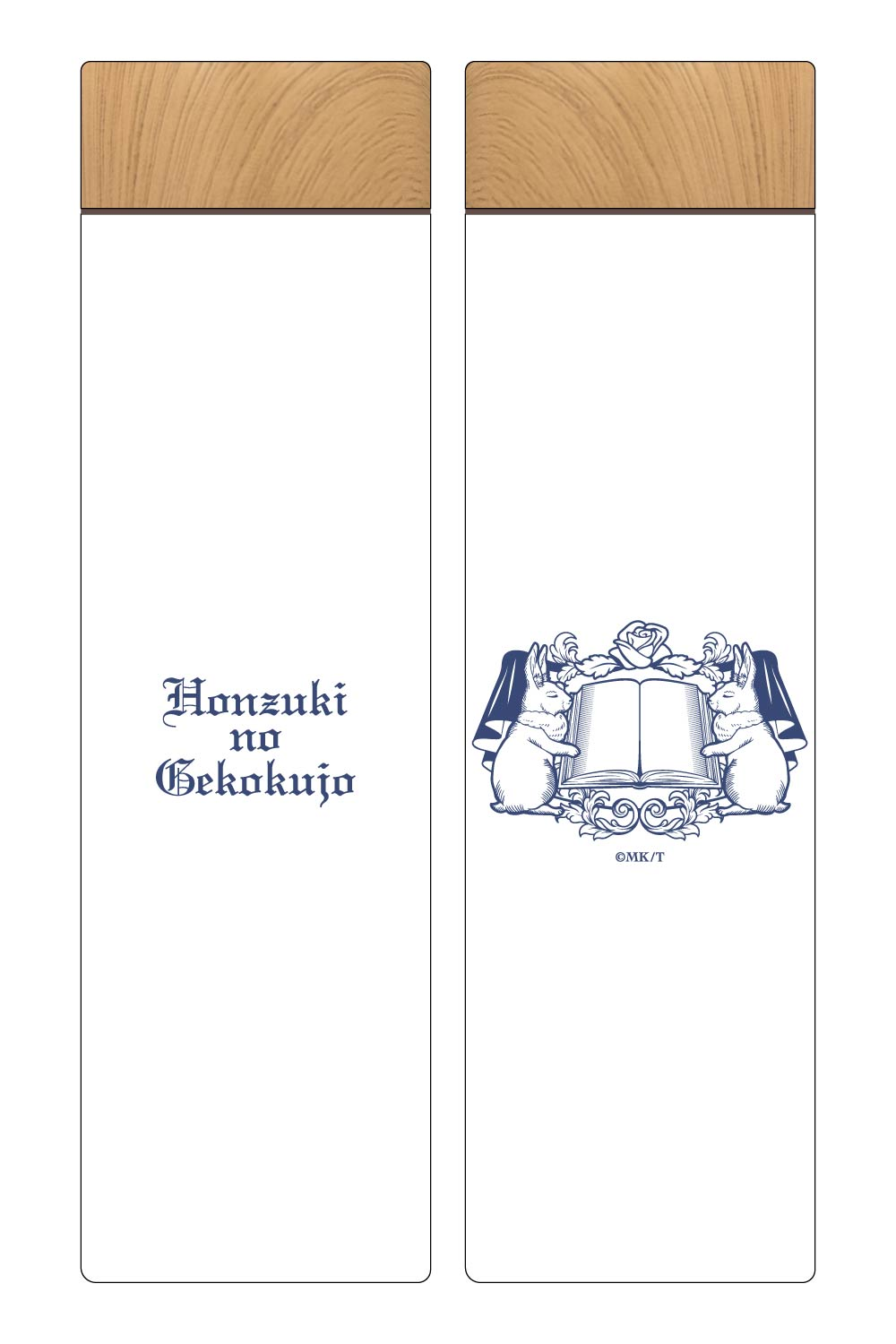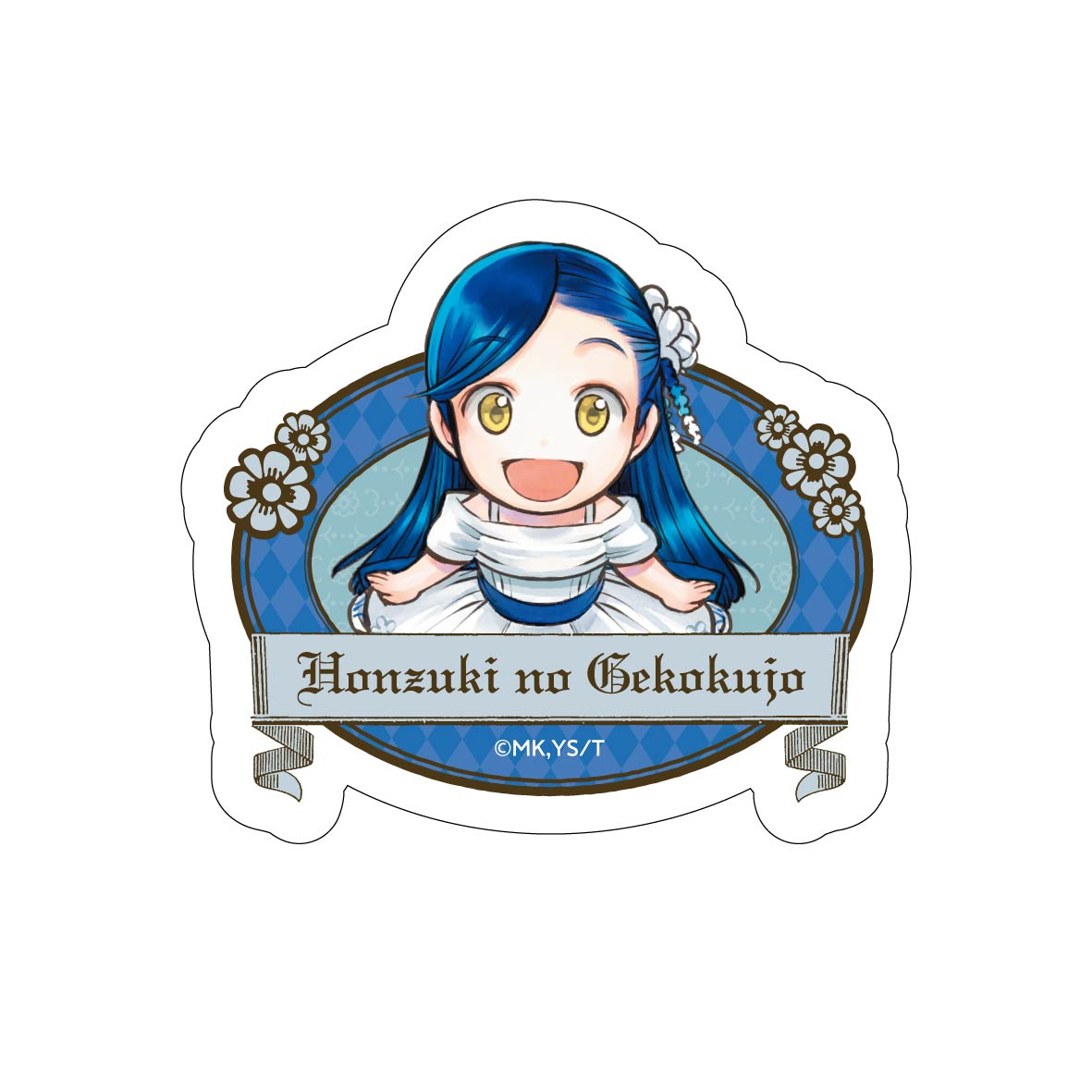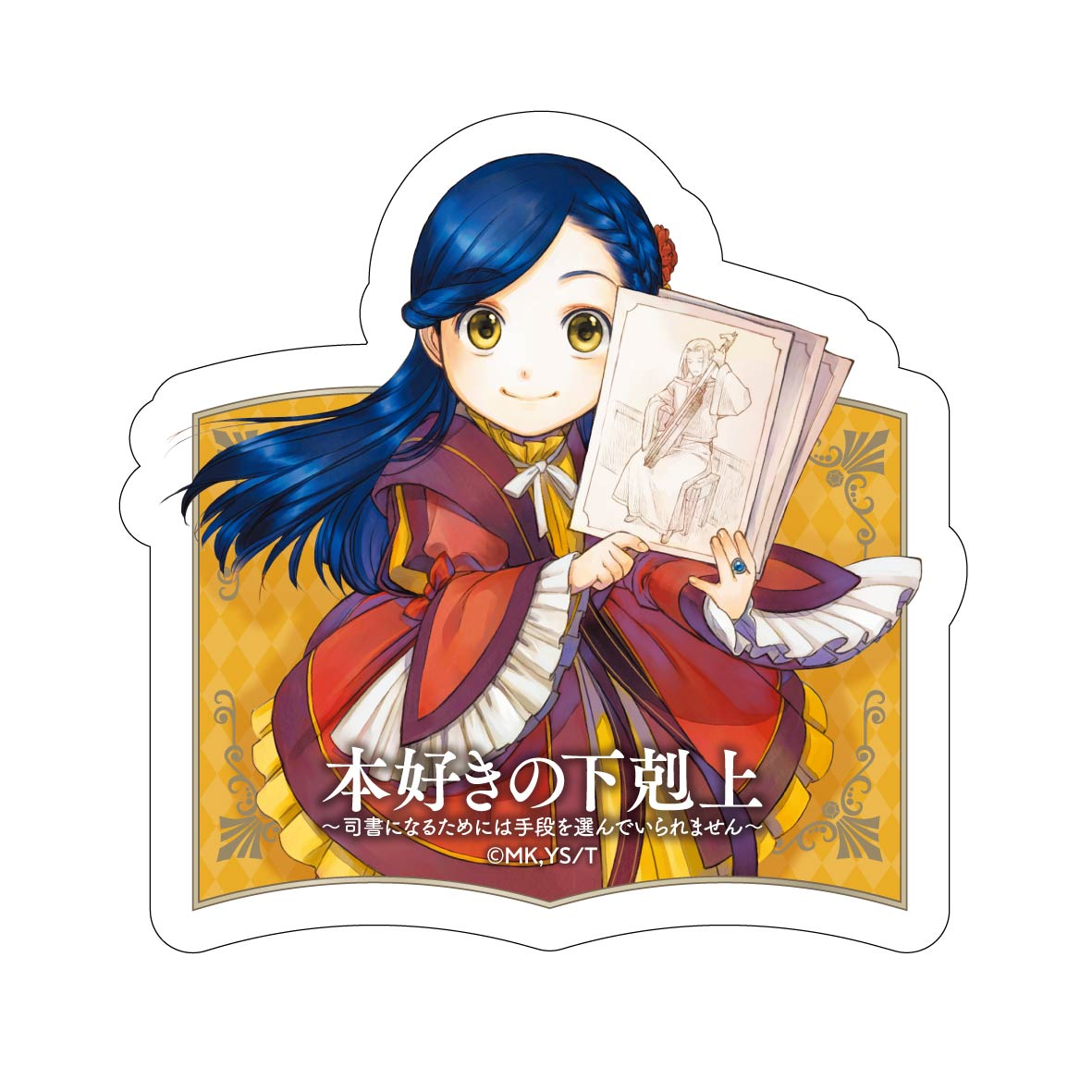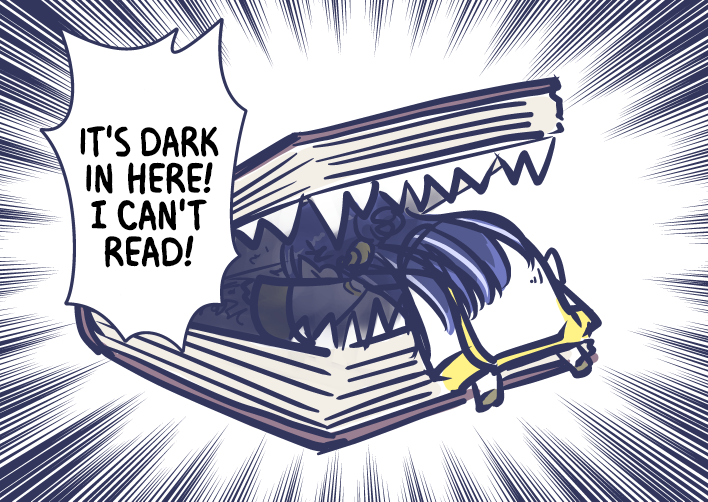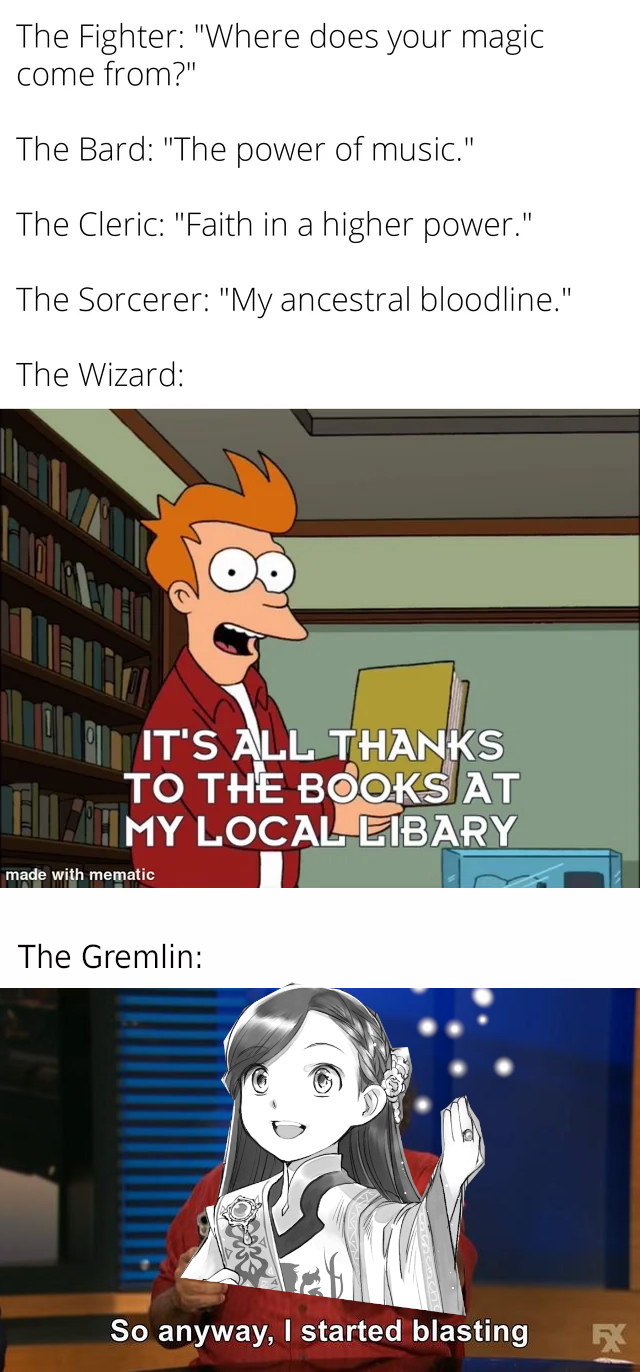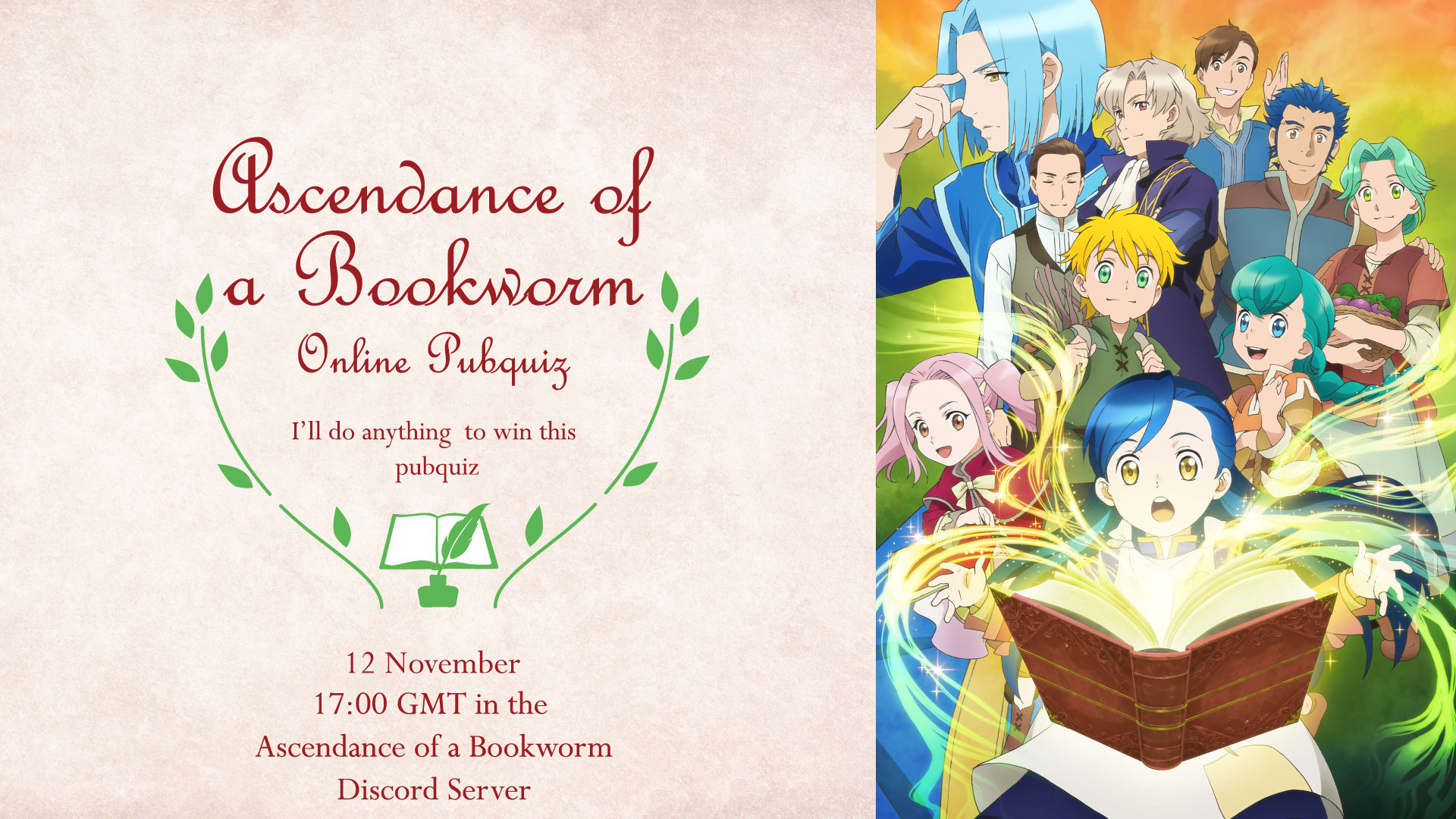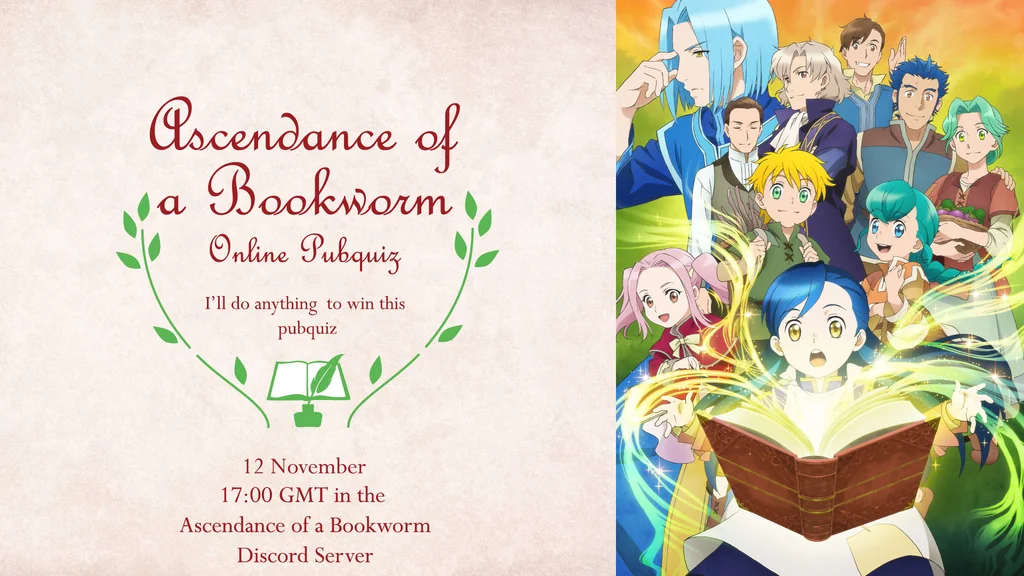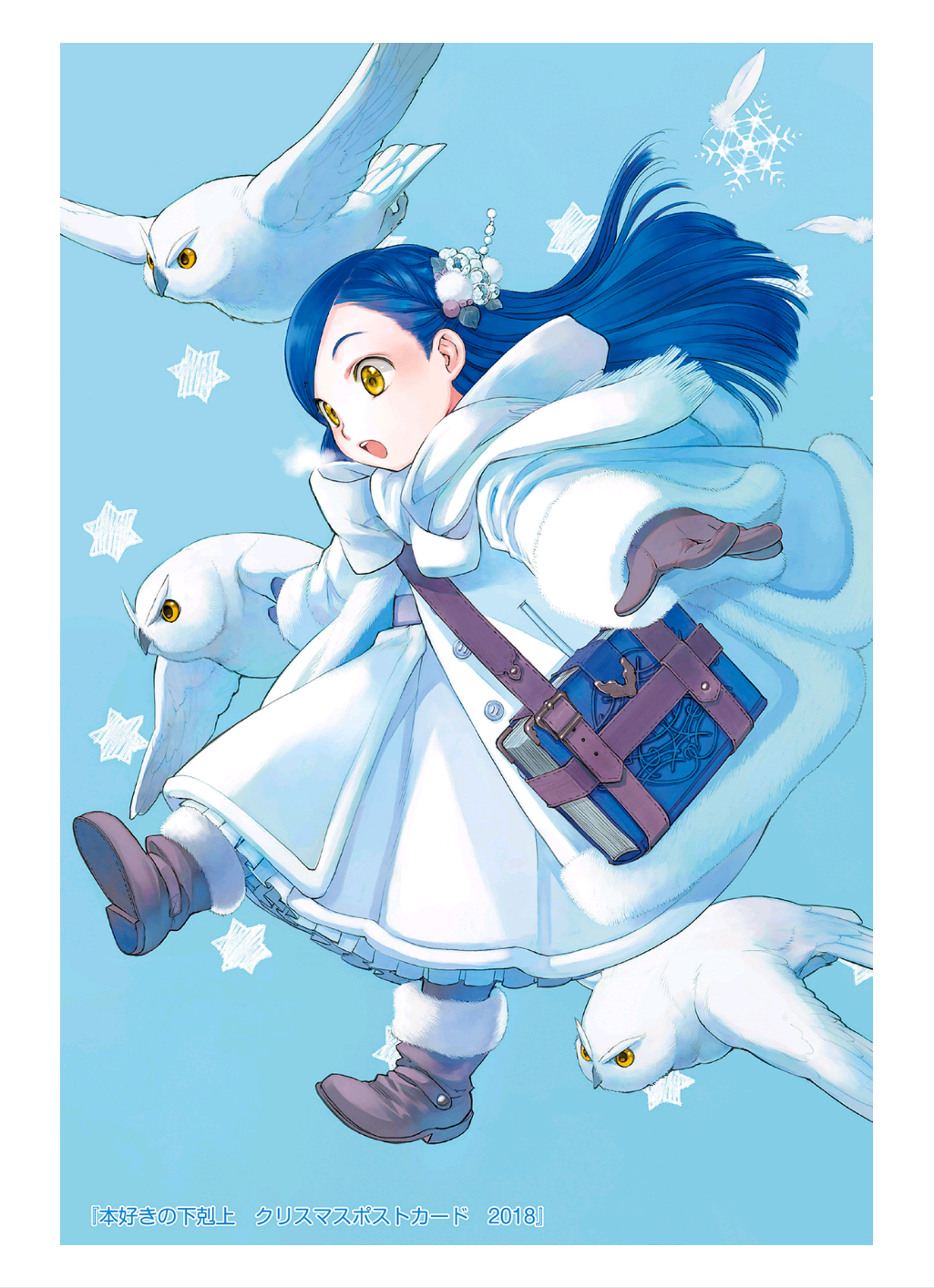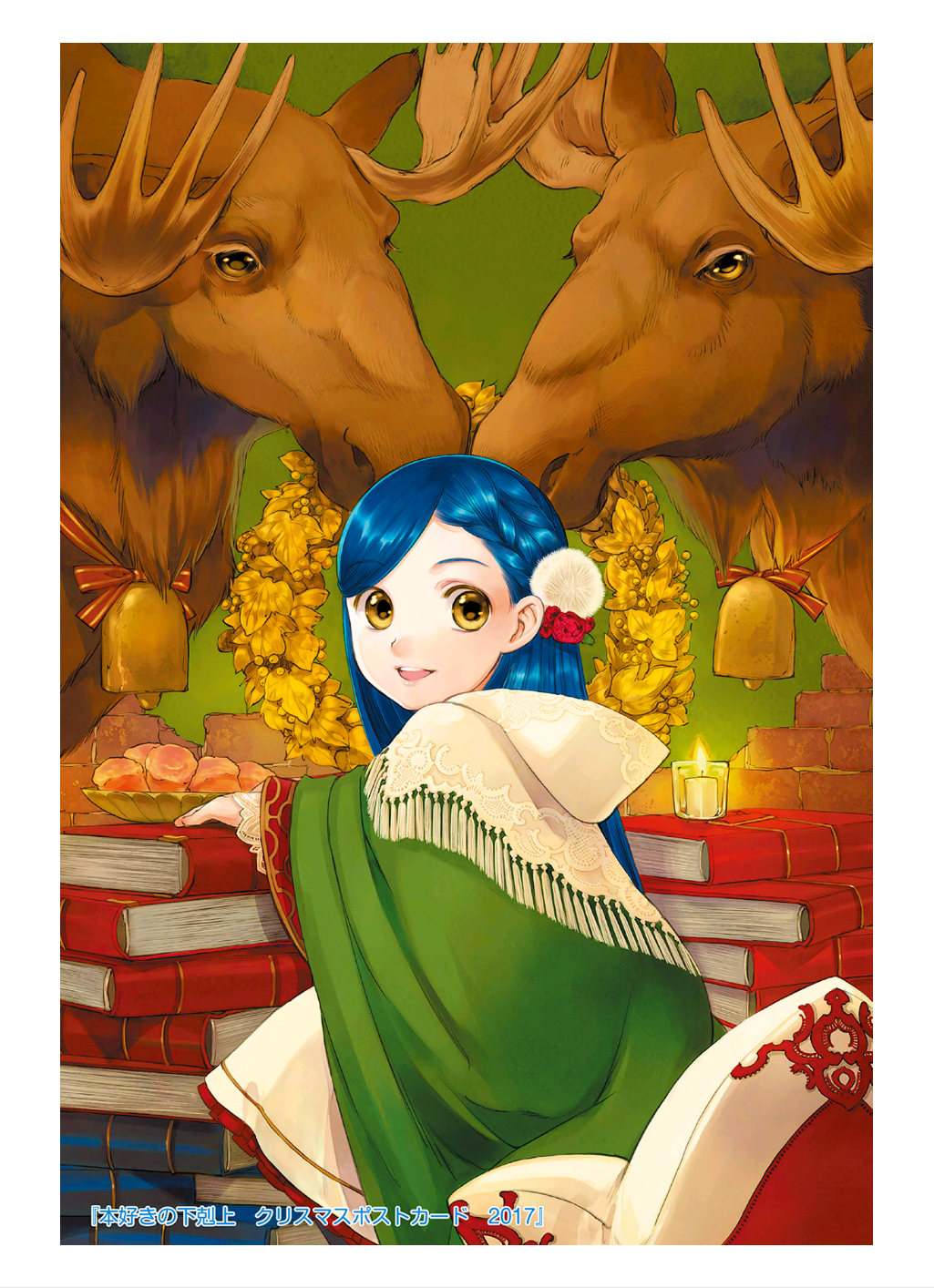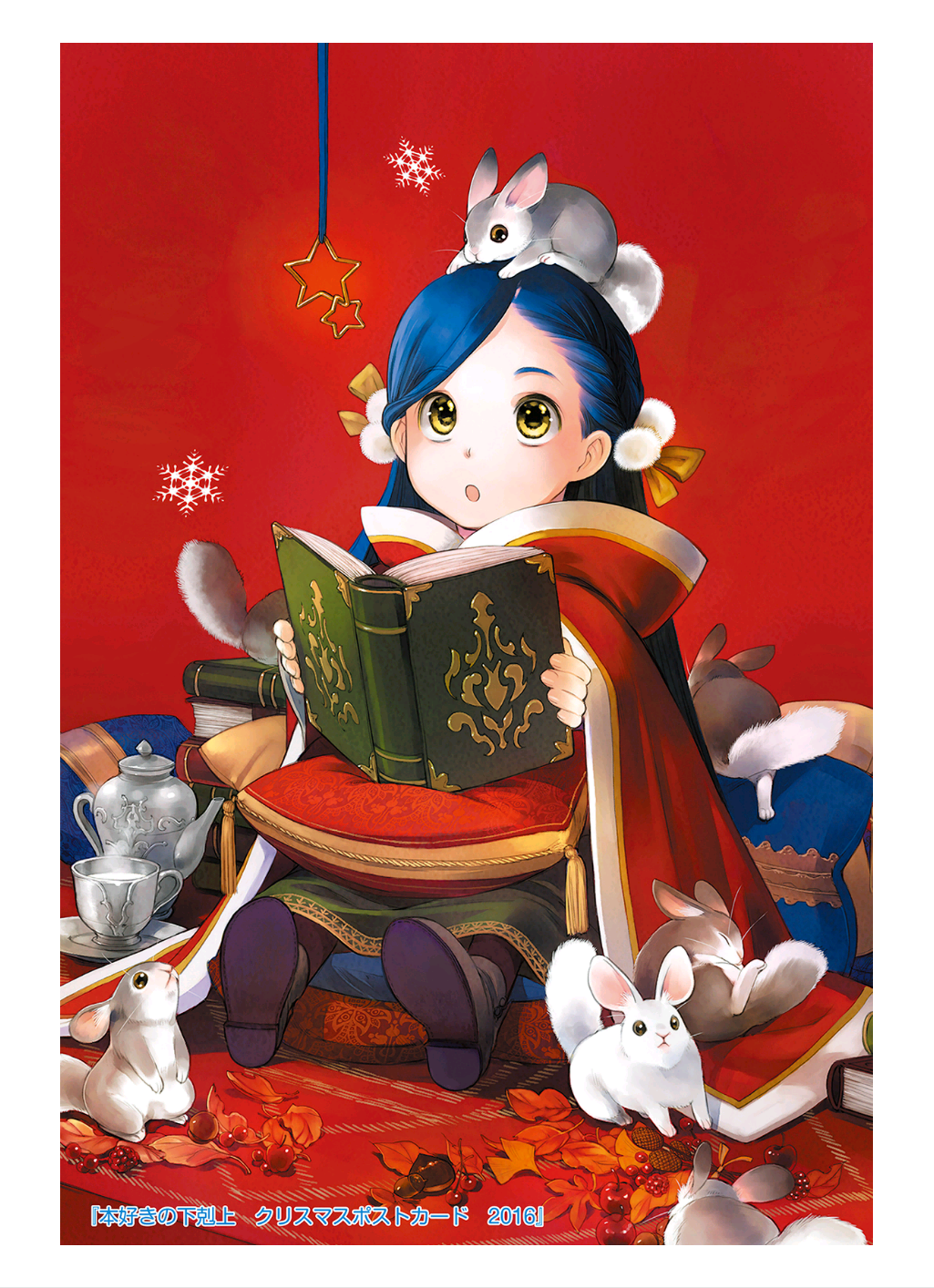Repost from reddit because this is very cool interview
Hello fellow Bookworms! For context, I am currently taking a college course called "Literary Editing and Publishing," and in that class, we get to choose a topic for our final. Since I know some things about it, I chose to do my final on MTL and its effects on the translations in publishing industry. For this final, I'm supposed to select people within the industry to interview, and I thought a wonderful person to ask was Quof, and luckily, I was able to get into contact with him! Originally, I was just going to keep this information for my class, however, after reading through Quof's answers, I've been extremely intrigued (and saddened), so (with permission from Quof himself) I've decided to post this on the reddit for people to see.
Do you think edited MTL will ever have a significant impact on the publishing business/industry?
Answer: It already has. Machine translation is not only far faster and easier than manual translation, it is cheaper for companies as well. From every single angle, the industry is desperately striving to adapt MTL in any way possible. Translators want their job to be easier - seemingly unaware they are contributing to their own replacement - and publishers want work done faster and cheaper. It stands to reason that many translators are already sneakily using MTL where they can, and publishers too. Massive by-commission agencies in particular have been phasing out the human translator role and morphing it into a professional “MTL editor” role for at least five years, much to the bemusement of many of my peers. Edited MTL is an invisible specter surrounding publishing already; as it improves, this presence will grow. The question is simply whether it will improve enough to totally replace human translation or not. Shocker: when Chat GPT got big and revealed its extremely high quality machine translation power, a majority of my peers were thrilled and started trying to use it in any way they could.
What is your process?
Answer: My process is pretty simple. First I convert an epub to a spreadsheet – a holdover from the days when I translated video games, which had their massive disconnected scripts organized in spreadsheets. In Column A there’s the Japanese, in Column B I type my translation while looking at Column A, and finally, in Column C I write any translation notes for the line. For video games, Column C would be for the editor to insert their edits and Column D would be the TL notes, but for novels I’ve been converting the spreadsheet into a word doc for the editors instead. Although it sounds glib, 95% of my work is just looking at the Japanese and typing in the English methodically. I can translate just fine even on a laptop with no internet or access to anything but the spreadsheet in question. (In other words - the process of translation is very boring in almost all cases. Just sit and vomit out text in the dark for 5 hours straight.)
The 5% is when some text is incomprehensible, or there’s a new name / invented word. That second part speaks for itself (need to do online research), so let’s focus on the first one.
Usually when reading or writing in our primary language, we just shrug off things that don’t make sense and idly roll with an assumption as to what it actually means, but in translation that’s not an option. One needs perfect clarity of an idea or action to translate without introducing errors, and so I have to resolve this uncertainty. The ideal is that I can just ask some other fan of the work and they can help piece together what it means, but if they can’t, then I need to either guess or ask the author.
The most basic example, and one apt for Bookworm, is when it’s impossible to tell who spoke a certain line. All nobles in Bookworm are trained to speak similarly, and when there gets to be let’s say 10 nobles of similar status all gathered in a room, it gets to be genuinely impossible to tell who says certain innocuous lines. A reader can shrug it off, I can’t. If nobody I know can tell who spoke the line, then I include it in a note to ask the author.
Asking the author is a simple process. I have a text document in which I record every question and concern I have while translating. Anything that seems contradictory, anything that seems incomprehensible, etc. Then, when I finish translating a volume, I email it (in Japanese) to the author and wait for a reply. She gives clear, direct answers, and has even drawn a picture once to better illustrate certain imagery.
This is an unusual circumstance, so let me explain briefly. At the start of Bookworm I was already being confused by certain things (the intention behind the name of the currency, I believe, is already ‘incomprehensible’ right from the first volume), and people were already being uptight and picky over how names were spelled, so I immediately identified that confirming things with the author would be essential to produce a good translation that readers would enjoy. J-Novel sent my initial list of questions and concerns off to the author, and you could say the magic happened here - the author subsequently asked for ALL names to be sent her way to check. I never asked about the motivation for this, but in any case, this led to a direct line of communication that I use today. I think that most translators wouldn’t bother to ask, they aren’t faced with translating such complicated behemoths. I never felt the need to ask about anything in my other work. I also think most authors wouldn’t bother to answer; they’re busy, and tend to consider English as something beyond them. There’s also likely some corporate meddling where more… strict, sizable companies would prevent translators and authors from ever communicating at all – which sounds unintuitive, but imagine if Miya Kazuki had been offended by my questions (“how can I trust this guy with my work?”) and demanded the translation be stopped or something like that. It’s something of a miracle we were allowed to communicate, and subsequently that this happened.
What are your thoughts on MTL?
Answer: “MTL is inevitable.” - Quof
Most translators commit a very basic error in thinking, I believe, and it has muddied discourse about MTL quite extensively. They like to base their thinking on the assumption that every translator is a master of their source language, and a prose smith in their target language. That is simply not true. The dirty secret is that the bulk of human translators are not very good at either language, much less both. The romanticized image of a creative, transcendent translator masterfully localizing every line of text with perfection is simply as rare as a unicorn. Lots of translators in the business get hired with a weak grasp of Japanese – many of them having started learning the language a FEW years ago – and no creative writing experience in English. There’s just no getting around the fact they make comprehension errors and at times produce poor translations.
My objective isn’t to dunk on anyone. Rather, it’s only after accepting the above reality that we can look at MTL squarely. The fact is that MTL can at times produce better translations than humans, especially with current language models. A lazy human translation by a mediocre to bad human translator will not have some amazing, untouchable brilliance to it that MTL could never hope to capture. Even in my work, at times I misread numbers (mistaking 12 for 21 or something) or kanji in ways MTL never would. MTL can have value and it can produce translations worth something (just not necessarily with consistency).
And finally, audiences as a collective value all of this translation minutiae far less than just having a book in front of them in the end. What they want most of all is to read and experience a story, not admire clever turns of phrase or inventive localizations here and there. Who buys books based on the translator? Enthusiasts, not the bulk of audiences. Publishers know this - they have data that proves again and again that better translations don’t equate to better sales at a certain point. A translation that’s good to decent will likely sell as much as if not more than a translation that’s absolutely masterful.
MTL already provides massive quantities of foreign text to consume on a never before seen scale, and people all over the globe are tearing through it, even now when it’s of low quality. Every slight improvement in output quality will make people feel more and more good about it, until one day MTL is good enough that the average person doesn’t make a distinction between it and human translation. Already chat GPT is producing convincing enough prose that normal, reasonable people are fully content with it. (It used to be that the clunky, obviously wrong grammar of MTL would make people suspicious of it getting the meaning wrong too. Now, chatGPT produces fluid, natural text, and the average person isn’t equipped to be so suspicious that they realize it’s just as incorrect if not more incorrect beneath the fluidity.)
With these facts accepted, I can only look at MTL with a kind of resignation. It will surpass me one day - either before the AI singularity gives AI consciousness (lol), or after. Audiences won’t stand up to bat for me or any other translator - they’ll stand up to bat for the program that produces a high–quality translation of a 33 book series for them in 1 day instead of 6 years. At most the human translator away will be looked at with a wry sort of pity, and only given the time of day in the rare circumstances they are useful in some way. I can even imagine a situation where translators are credited on books to give it “that human translator feel”, despite the book itself being machine translated in its entirety. That’s about how useful we will likely be – providing our names and little more.
In the current day, MTL is a rival who I compete against with my strengths; in ten or so more years, I will be dirt beneath its feet. I don’t know exactly how long it will take. Maybe ten years, maybe twenty, maybe even never. It would be nice for me if it took twenty, thirty years, but the world is not going to put my job status over progress, just like it never has for any other job. If some disaster doesn’t slow down AI development, or if there isn’t some abstract quality of the Japanese language which prevents AI from ever translating it well, then my ilk and I are not long for this world.
Thanks to your work as well as the editor’s work, Ascendance of a Bookworm updates weekly. Do you think that your fast schedule plays a large role in why there are no edited MTLs for your series?
Answer: There actually are edited MTLs, but hidden away in back channels. Providing a fast, high-quality translation has indeed provided some comfort and lessened the necessity an average audience member feels for turning to MTL, but the most important factor is that the author has specifically denied anyone else permission to translate the series in any form. Thanks to that, the mods of the Bookworm subreddit delete any attempts to post MTL, since it’s not only piracy but going against the wishes of the author. In the end, though, there’s still edited MTL out there. They’re shared happily in private and in fan communities. It saddens me because, indeed, even now at my strongest, I’m losing many battles to MTL. Even now, the biggest fans of Bookworm still turn to it out of impatience, and those who stay away are almost exclusively motivated by the fact that MTL wasn’t good enough for them. If it was, they likely read it with only a sympathetic glance.
In short, all that fast, weekly updates does is lessen the damage. Faster work means people get impatient slower. If the series took 10 years for me to translate instead of 6, that would be 4 extra years of people turning to MTL out of impatience. All I can do right now is minimize the damage, not stop it.
Edited for structure




